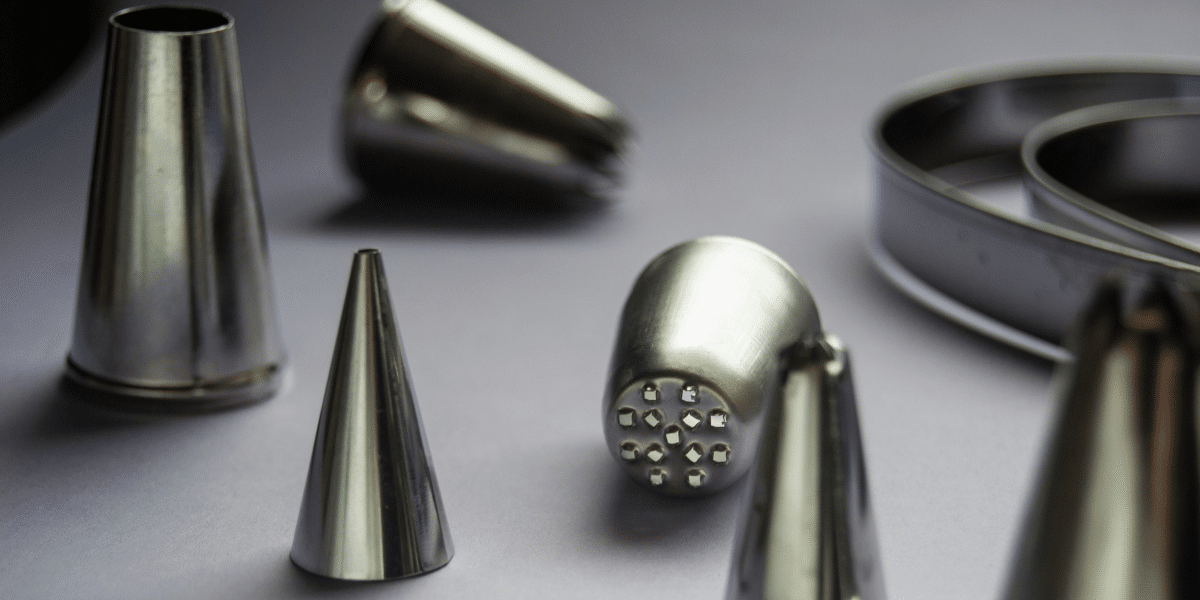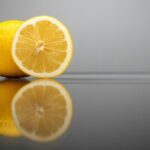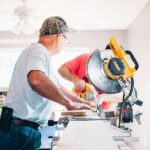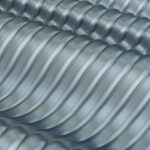Baking is an art and a science, requiring precision, creativity, and a touch of patience. For aspiring home chefs, mastering essential baking techniques can make the difference between a passable pastry and a show-stopping dessert. Whether you’re a seasoned baker or just beginning, these must-have techniques will elevate your baking game and impress family and friends.
Measuring Ingredients Accurately: The Foundation of Success
In baking, precision is non-negotiable. Unlike cooking, where you can experiment with seasoning, baking relies on exact measurements to achieve the desired texture and flavor. This is why having a reliable set of measuring cups, spoons, and a digital kitchen scale is vital.
When estimating dry ingredients like flour or sugar, use the scoop-and-sweep method: scoop the ingredient into your measuring cup and level it off with a straight edge. For liquid ingredients, always use a clear measuring jug and check at eye level to ensure accuracy.
Weighing ingredients with a kitchen scale is especially important for consistency, as volume measurements can vary based on factors like humidity or how tightly packed the ingredients are. Mastering this technique ensures your cakes rise perfectly; cookies have the right chew, and bread doughs achieve their ideal elasticity.
Temperature Control: The Secret to Perfect Results
Understanding temperature is key to becoming a successful baker. Ingredients like butter and eggs perform differently depending on their temperature, so it’s essential to follow recipes closely in this regard. Room-temperature butter, for instance, creams better with sugar, creating a fluffy base for many baked goods.
When baking, always preheat your oven and use an oven thermometer to guarantee it’s at the correct temperature—many ovens can run hotter or colder than their settings indicate. Even a slight digression can affect the texture and doneness of your creations.
Another important skill is tempering, particularly when working with chocolate. One crucial skill for any baker is mastering the technique of melting chocolate, which can be used in a variety of recipes, from brownies to mousse. Whether you’re using a double boiler or a microwave, learning how to melt chocolate without burning it will add a professional touch to your desserts.
Mixing Techniques: Knowing When to Stir and When to Fold
The way you combine your ingredients can make or break your baked goods. Overmixing, especially with flour, can lead to tough cakes or dense pastries because of gluten development. To avoid this, it’s important to mix just until the ingredients are combined.
For recipes that require whipped eggs or cream, mastering the folding technique is essential. Folding helps maintain the air you’ve incorporated, resulting in light, airy textures for soufflés, mousse, or sponge cakes. Use a gentle motion, scooping from the bottom of the bowl and folding over the top to avoid deflation.
Creaming butter and sugar is another fundamental skill. This process incorporates air into the mixture, giving cakes and cookies their tender crumb. Be sure to beat the butter and sugar for the recommended time—typically until the mixture becomes pale and fluffy.
Mastering these baking essentials not only boosts your confidence in the kitchen but also lays the groundwork for exploring more complex recipes. By focusing on accuracy, understanding temperature, and honing mixing techniques, you’ll find yourself baking like a pro in no time. Whether you’re whipping up a batch of cookies or tackling an elaborate layered cake, these foundational skills will ensure sweet success.
Published by: Annie P.

















